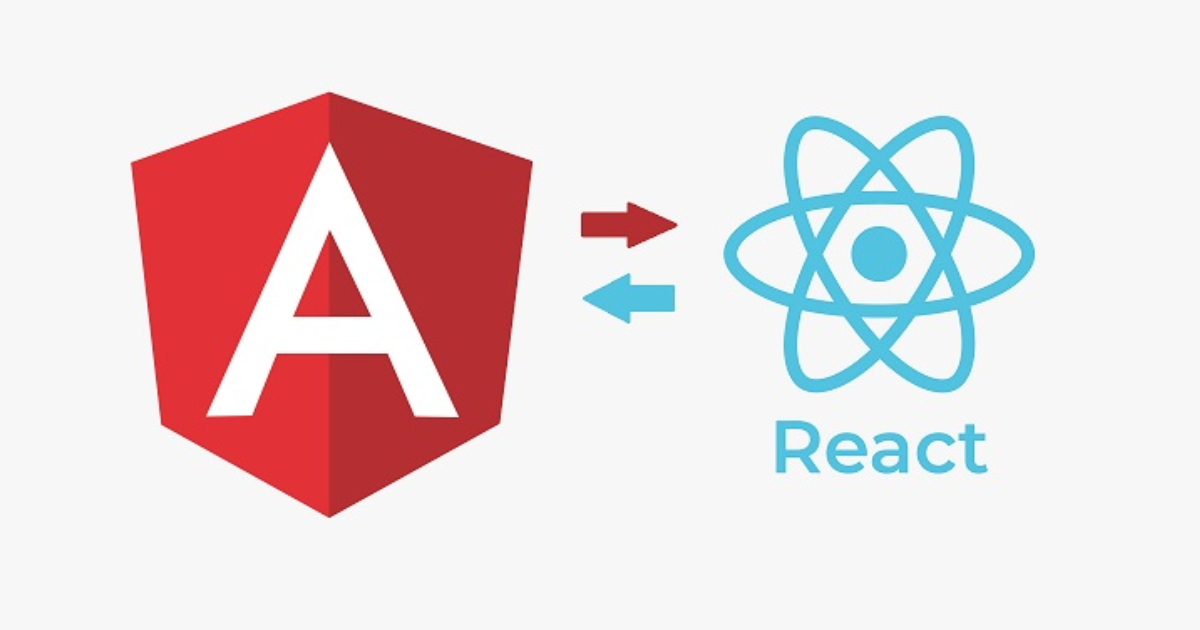The Power of Saying NO and setting boundaries

More than a couple of years ago, I found it difficult to say “no.” Be it an engagement I truly did not want to attend, an extra assignment I could do without because I was already busy, or an occasion of lending assistance to someone when I had no time-I have always found it impossible to say “no." Saying yes has been my story even when my heart wanted to say no.
I really never thought of it as a problem at first. That's what being there for others and maintaining healthy relationships is all about, I believed. Eventually, I realized that by agreeing to do more and more things outside of my 'want' too often, the costs in my life had extended to time, energy, and peace of mind. I felt tired, committed way more than I should have been. I guess that was because my needs weren't being taken care of, which only resulted in frustration.
At that point, I learned that I would have to learn to say "no." However, that wasn't just a matter of saying at that point, "I'll start saying no to things." Somehow I had to figure out why I found it difficult to reject things and what can be the approaches to overcome it.
Why Do We Struggle to Say “No”?
Yet, before I changed, I had to understand what it was about saying “no” that had always been so challenging for me. One of the biggest reasons was the fear of disappointing somebody. I feared that denying a request would upset or anger people, and I absolutely did not want to be branded unreliable or selfish. Another reason was the other side of this coin: a very strong desire to be liked. I wanted to be seen as helpful, kind, and dependable, and if I went on saying “yes” to all requests, I would preserve that particular image.
There was also the constant guilt. Every time I turned someone down, I felt bad about it. Thoughts like What if they really needed me? What if I’m being selfish? flooded my mind. On top of that, I hated conflict. Saying “no” sometimes leads to uncomfortable conversations, and I would rather agree to something I didn’t want to do than deal with confrontation.
It all came to me, at long last, after all this time, that much of this has to do with social conditioning. A great number of us are raised as rather sweet little creatures. From the time we were kids, we were taught that saying yes is polite and no is rude. This has been the hugging voice in my ear telling me it was wrong to refuse assistance, even though I knew I had to.
The Cost of Always Saying "Yes"
From close observation, I found that considering my own behaviors always with "yes," had a major influence on my life. I did this consistently, so much that I was usually tired due to too many chores both personally and professionally. There was no time for me to rest or work on my own projects because what was paramount to others came first in my life. This meant I suffered quite an extent from personal development, and lo, I mostly felt very empty cerebrally and physically.
Beyond exhaustion, I noticed I was becoming resentful. I would agree to help someone, but deep down, I felt annoyed about it. I started thinking, Why do I always have to do everything? But the truth was, no one was forcing me—I was the one who wasn’t setting boundaries.
My work also suffered for that same reason. Because I agreed to some extra responsibilities that I could not handle, my productivity was declining. The stress load seemed to heighten because I was trying to do too much; therefore, I was simply not able to function at my best. Feeling stressed and unable to cope kept haunting me.
One thing I came to realize during those bluesy period years is that not everyone is going to have your best interests at heart. Before long, they will figure out that you are bad at saying no and always say yes; hence, they will always be at your door, asking for more but giving nothing in return. That was a tough realization to come to, but it also helped put the matter in perspective—I saw just how imperative it was to set boundaries not just for my time, but also for those I shared relationships with.
How I’m Learning to Say "No" Without Feeling Bad
It was after I gained insight through the effects of always saying "yes" that I noticed the need to make a change. One of the first things I did was mentally tell myself that 'no' is not a 'bad' word. For the longest time, I considered 'no' to be rude since I felt bad I could not provide the actual requested time. Yet I realize it simply means that I have other priorities.
Another of my strategies involved buying time before giving my answer. Before, I would immediately say “yes” out of habit, without really thinking through the request. Now, when someone asks for something, I first pause before responding. I might say, “Let me check my schedule and get back to you” or “I need to think about it. I’ll let you know.” That gives me a second to evaluate whether I really want to do it or if I am just agreeing out of obligation.
And now, I'm giving very straight, very short answers. Earlier, I used to go on telling why I couldn't do something which left gaps for some to get me to do it. So, it's really simple now: if I can't do something, there are a few things I say: "I can't make it this time, but thanks for inviting me," or, "So sorry, I have other commitments that day." Lesson learned: I don't owe anyone a long vindication-just a frank answer.
Prioritizing my own time has been another game-changer. Before agreeing to anything, I ask myself a few important questions: Do I actually want to do this? Will this benefit me or drain my energy? Do I have the time to commit to this without stress? If the answer is no, then I allow myself to say no without guilt.
Perhaps the hardest thing I overcame was fear that people would be angry with me. But I realized that the ones who truly care for me respect me for my honesty. If someone values me because I always say "yes" to them, that's not true friendship. True friends and colleagues realize that if I say no, they understand.
Even with all these techniques, I sometimes have some guilt about saying 'no' to something, but I remind myself that time and energy are valuable. I deserve to take care of myself, and saying 'no' is giving respect to myself. Every time I stand my ground, I feel a little more in control of my own life.
If you feel it hard to say "no," understand that you are not alone among many of us who have taken conditioning from so-called "turning someone down." Saying no is selfish, but not rude. The truth is that "no" is one of the skills necessary for balance in life.
You are allowed to place yourself first. You are allowed to develop borders. It is acceptable to refuse without being gripped by guilt. The ones who genuinely care will accept your decisions; the ones who do not? They were never really there for you.
I am in the process of developing this, but each time I can say no when I need to, I feel a little stronger and more in control of my life. If you too have been struggling with this, I suggest you take small steps- start saying "no" in lesser scenarios and remind yourself that your precious time needs your own limits-a gift to yourself.
Your time and energy are precious—protect them.















